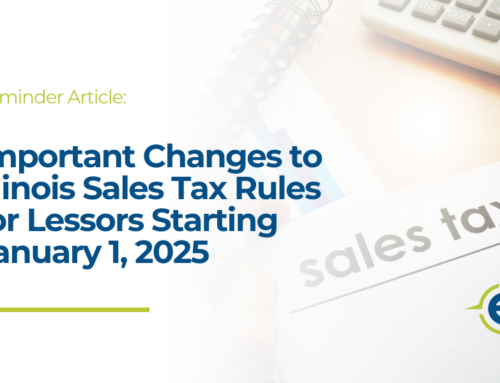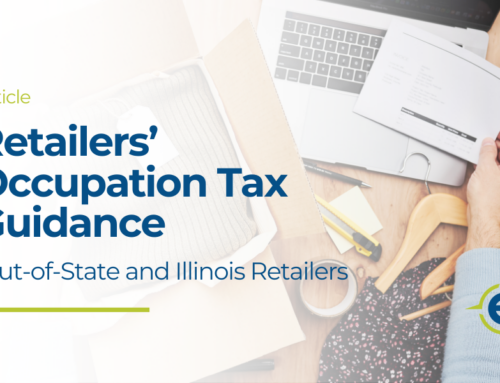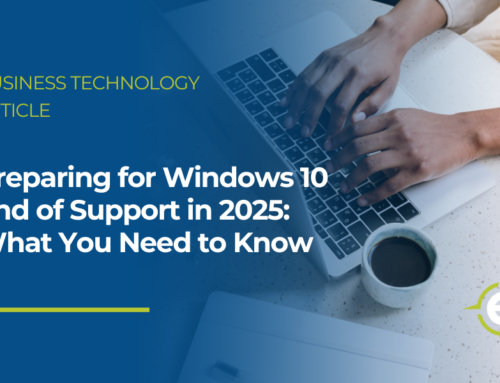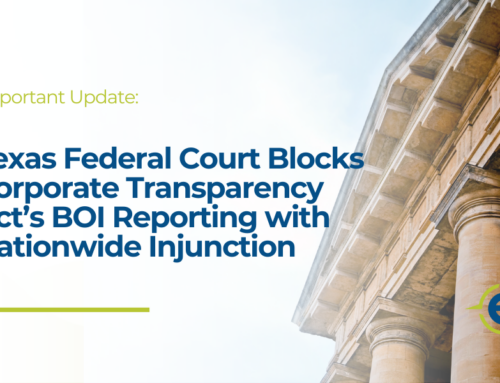2024 Business Tax Highlights
The one constant in business taxes is change, and this year is no different. Here are some of the biggest ones impacting your business in 2024.
The 1099-K reporting mess continues. After starting and stopping the rollout of broader reporting, the IRS says this is the year, really. So, effective in 2024, anyone receiving funds from a third-party digital payment tool will now have this activity reported to the IRS via a 1099-K if payments reach the new $5,000 threshold.
This is down from last year’s $20,000 amount, but still higher than the ultimate $600 level to be rolled out in future years. So, if you sell tickets with online services or receive digital payments over $5,000, look for this tax form. And most small businesses may need to report their beneficial owners in 2024 to the Financial Crimes Enforcement Network.
FinCEN, a part of the U. S. Treasury, but only if it survives recent legal challenges. This beneficial ownership information, known as the BOI, is to be filed by any business that is registered using any state mandated form. The information is being used to help identify money laundering, terrorists, and other shady operations.
The filing requirement excludes 23 business types, including sole proprietors and businesses with over 20 employees and $5 million in sales. If you wish to voluntarily comply, the information can be found at www.finCEN.gov/BOI. And those of you who took the Employee Retention Credit, ERC, need to be prepared to defend your prior year claims during 2024.
The IRS is aware of widespread unqualified claims through ERC filing bills, so much so that it is actively staffing up to audit these claims. There are now 36 states that have implemented the ability to tax your small business profits at the state level. If you have a flow through entity, like an S Corporation, and are paying higher taxes on your personal tax return due to the $10,000 limit on itemizing tax payments, commonly called SALT, look into this tax saving alternative.
And there are a number of other changes due to cost-of-living adjustments. Key among them are Section 179 Expense Limits of Capital Purchases, Bonus Depreciation Limits, and increases in the 20 percent business income deduction phase out called QBI. While presidential election years typically don’t have major tax legislation, you never know. It is always best to stay vigilant.





